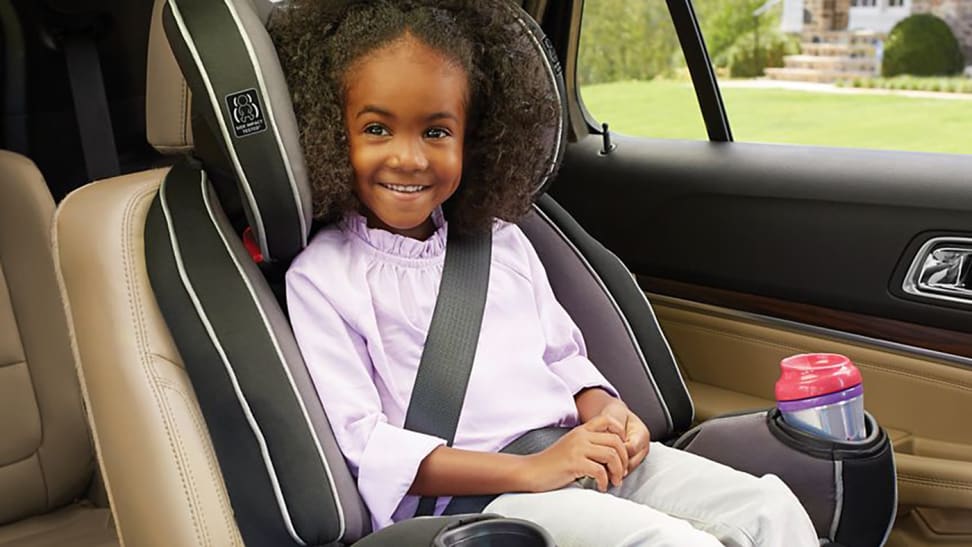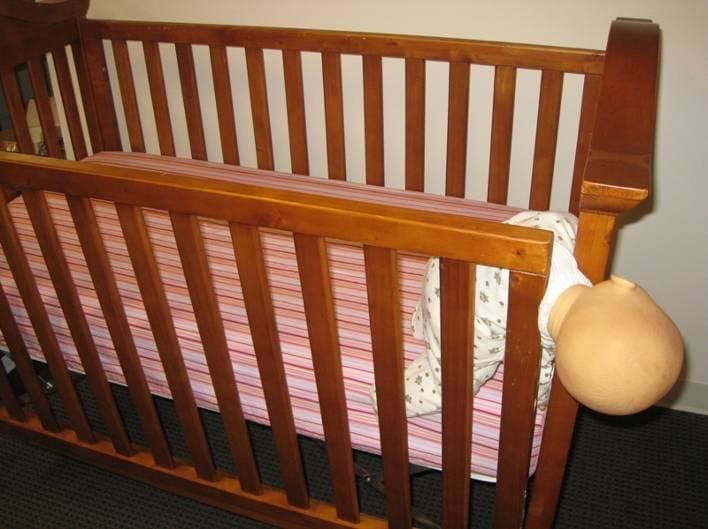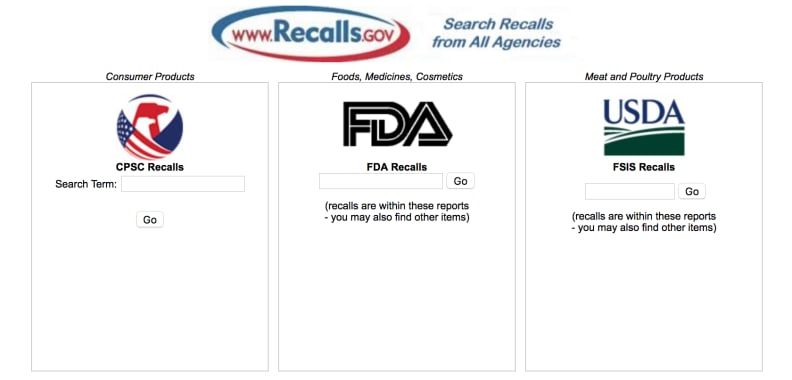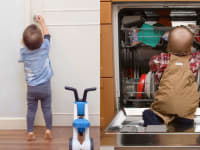You should never buy these children's products used
Hand-me-downs are great, but there are risks to be aware of.
 Credit:
Graco
Credit:
Graco
Products are chosen independently by our editors. Purchases made through our links may earn us a commission.
One thing all new parents go through—besides months of sleepless nights—is some serious sticker shock. Between cribs, car seats, bottles and diapers there's a never-ending list of things you need to buy.
As a dad with two young kids, this is something I know all too well. Luckily, my wife and I have been able to soften the blow by picking up quite a few items second-hand. Between a changing table, glider, and even a lightly used stroller, we've saved hundreds by relying on second-hand items instead of buying new.
But while hand-me-downs can save you a ton of money, there are some risks to be aware of—and some items you'll want to research more heavily before picking up second-hand. Here's the stuff you should pay extra attention to, or avoid altogether:
1. Expired car seats—even if they look new
One thing many new parents don't realize is that car seats expire. As parts and materials wear down over time, car seats no longer protect as well as they used to. Car seats may have also been involved in accidents—even if they look new—which can weaken critical components.
Though car seats from a trusted friend or family member may be fine, you just never know when buying from a stranger. Either way, check the model name on the NHTSA website to make sure there are no recalls. There will also be a sticker on the seat (and the base, for infant car seats) showing when it was made and when it will expire.
2. Drop-side cribs

A drop-sided crib can fail, and the resulting gate can catch your child's head and result in injury or death.
Contrary to popular belief, drop-side cribs were not all recalled when the CPSC issued new crib safety rules back in 2011. But the new standards—which also called for more durable slats, hardware, and mattress supports—effectively put an end to drop-side cribs.
Though drop-side designs are almost totally off the market, and many old models have been recalled, they were enormously popular for a long time. As a result, it's very possible you have a friend or family member with an old crib (drop-side or otherwise) that doesn't comply with the new safety rules. Unfortunately, any old crib just won't be as safe as a model that hit the market after the new rules were put into effect.
A new crib can be expensive, but if it's sold at retail in the United States you know it meets the most up-to-date safety requirements. As with most things on this list, better safe than sorry.
3. Baby walkers
Baby walkers are a bit controversial among parents, with many groups—including the American Academy of Pediatrics—deeming them unnecessary and potentially unsafe. They have been cited for delaying motor and mental development, have been banned in Canada, and they can allow babies to reach for things that would be unsafe.
Like older-style cribs, many people still have old walkers that they used with their children and grandchildren. The AAP recommends just throwing old walkers away, so buying one used is also something you're better off avoiding in favor of stationary alternatives.
4. Strollers from before 2015
The Consumer Product Safety Commission issued updated rules for strollers as of September 2015, and strollers made before that date are not guaranteed to meet the updated requirements. Though they may be perfectly fine, you'll likely feel better off playing it safe.
Luckily, you don't need to spend a bundle to get an awesome stroller. We've tested dozens of popular strollers—including some that are under $100, though these will lack a lot of the bells and whistles found on our best stroller list.
5. Infant swings from before 2013
The CPSC updated guidelines for infant swings back in 2013 after studying more than 300 infant injuries related to the products. As with other products here that have updated guidelines, there's nothing to say that older products wouldn't meet the standards, but they were likely never tested because the standards didn't exist then—so there's no way to be sure.
6. Recalled products

Sites like Recalls.gov allow you to quickly search for products to see if there has ever been a recall.
This is obvious, but it's important to check every single product you buy for your baby second-hand to ensure there hasn't been a recall. Even little things like toys, sippy cups, and mats can have recalls stemming from pretty serious defects or even known injuries.
You can investigate whether a product has been recalled by going to Recalls.gov and searching there.


